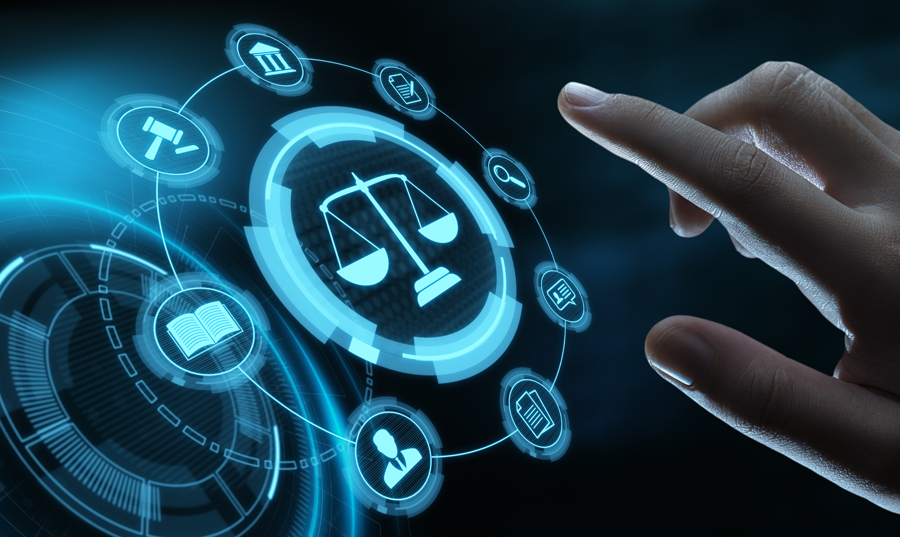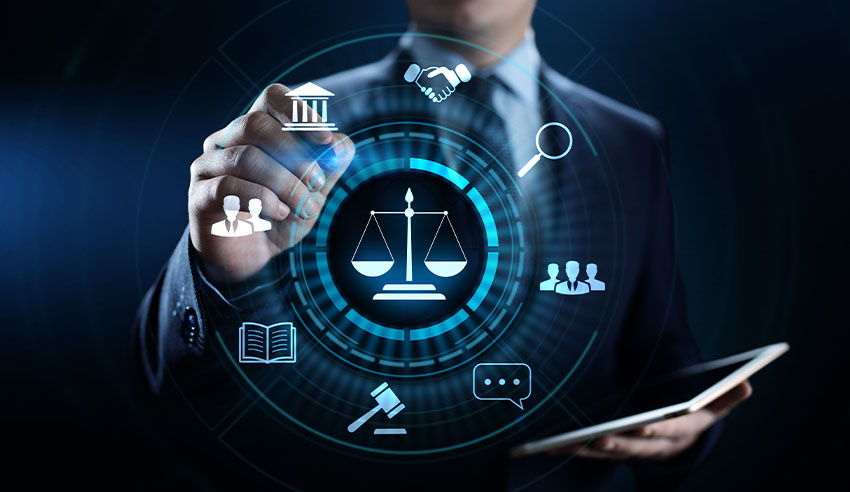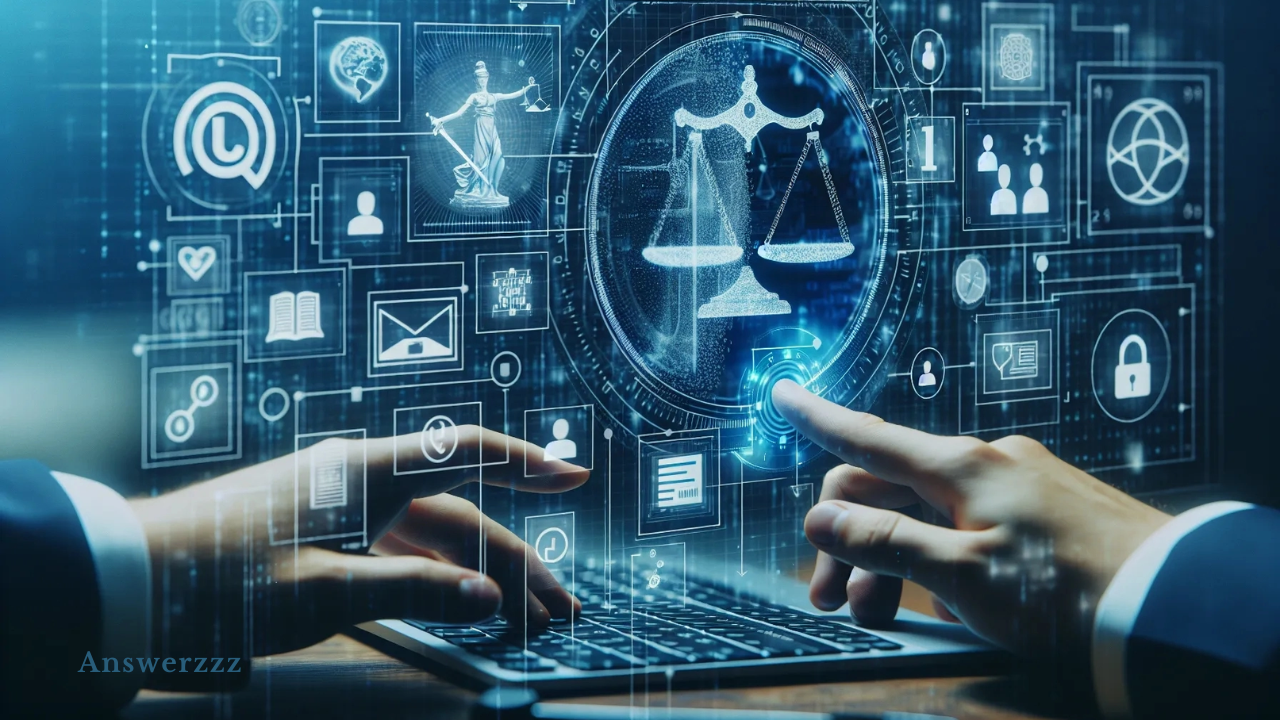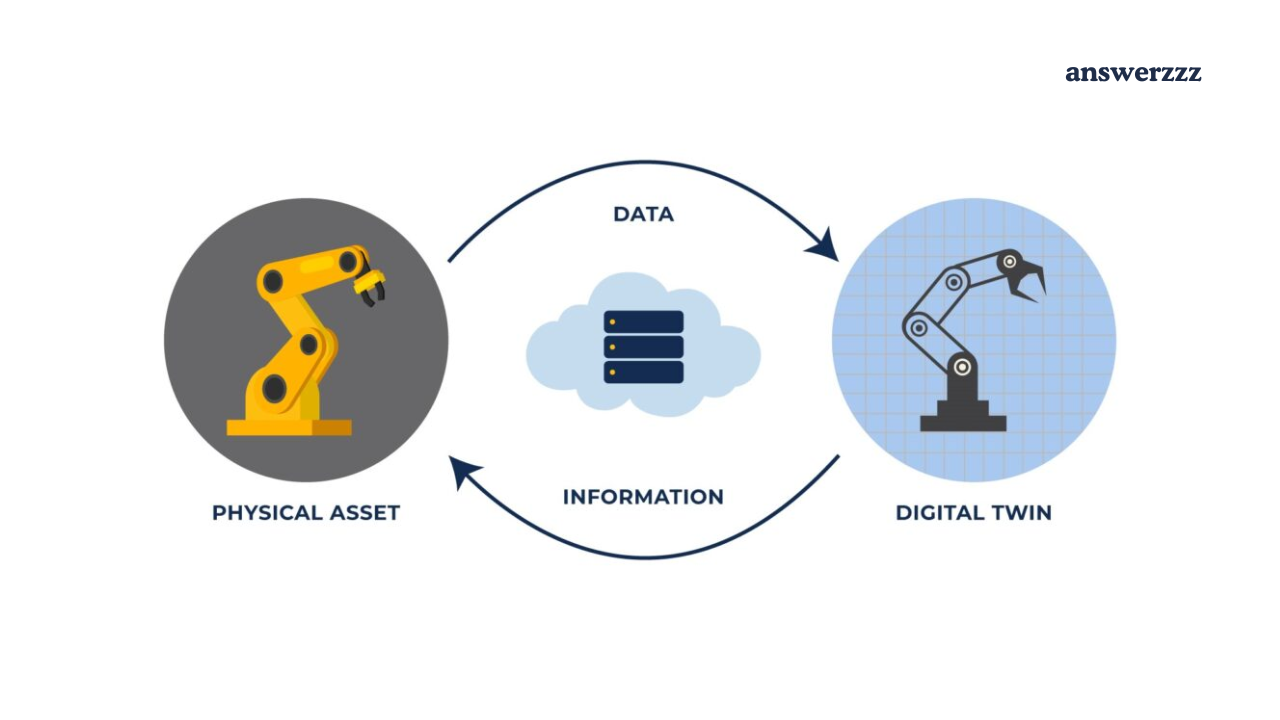The legal industry has long been characterized by intricate processes, extensive documentation, and a reliance on traditional methods for executing agreements. However, the advent of blockchain technology has introduced a transformative innovation: smart contracts. These self-executing contracts, with the terms of the agreement directly written into code, are poised to revolutionize how legal agreements are made, managed, and enforced. This article explores the fundamental concepts of smart contracts, their advantages over traditional contracts, their applications within the legal industry, and the challenges and future outlook for this groundbreaking technology.
Understanding Smart Contracts

Smart contracts are computer programs that run on blockchain networks and automatically enforce and execute contractual terms when predefined conditions are met. The code governing the contract is stored on the blockchain, providing a decentralized, tamper-proof, and transparent system. Unlike traditional contracts, which often require intermediaries such as lawyers or notaries for execution, smart contracts operate autonomously. This self-execution reduces the risk of human error, enhances efficiency, and minimizes the need for third-party involvement, thereby streamlining legal processes.
The first mention of smart contracts can be traced back to 1994 when computer scientist Nick Szabo proposed a digital contract system. However, it was not until the rise of blockchain technology, particularly with the introduction of Ethereum in 2015, that smart contracts gained traction. Ethereum’s platform allowed developers to create complex smart contracts that could interact with other contracts and decentralized applications (dApps), broadening the scope of their applicability.
Advantages of Smart Contracts in the Legal Sector
Smart contracts offer numerous advantages that make them appealing to the legal industry. One of the most significant benefits is efficiency. Traditional contracts often involve lengthy negotiations, drafting, and review processes. In contrast, smart contracts can be coded and deployed quickly, drastically reducing the time it takes to finalize agreements. This speed not only benefits legal professionals but also enhances the client experience, as parties can complete transactions swiftly.
Another key advantage is the reduction of costs. By eliminating intermediaries and streamlining processes, smart contracts can significantly lower the costs associated with legal transactions. For instance, businesses can save on legal fees by utilizing smart contracts for routine agreements, such as employment contracts or lease agreements. This cost efficiency can make legal services more accessible, particularly for small businesses and individuals who may struggle with traditional legal fees.
Additionally, the transparency and immutability of smart contracts enhance trust among parties. Once a smart contract is deployed on the blockchain, it cannot be altered, ensuring that all parties adhere to the agreed-upon terms. This level of transparency reduces the potential for disputes and fosters confidence among stakeholders. Furthermore, the automated enforcement of smart contracts minimizes the risk of non-compliance, as the contract executes automatically when conditions are met, leaving no room for ambiguity.
Applications of Smart Contracts in the Legal Industry
The applications of smart contracts within the legal industry are diverse and continually expanding. One of the most prominent use cases is in property transactions. Traditional real estate deals often involve multiple parties, extensive paperwork, and lengthy closing processes. Smart contracts can streamline property transactions by automating various steps, such as transferring ownership once payment is received and ensuring that all conditions (e.g., inspections or financing) are satisfied before execution. This not only accelerates the process but also reduces the likelihood of errors or fraud.

Another area where smart contracts are making an impact is in the realm of intellectual property (IP) rights. Smart contracts can help manage and enforce IP rights by automating royalty payments and licensing agreements. For example, artists and creators can embed smart contracts into their digital works, ensuring that they receive payment each time their work is used or sold. This not only protects creators’ rights but also provides a transparent and efficient way to track and distribute royalties.
Additionally, smart contracts are being utilized in the area of dispute resolution. Traditional litigation can be a time-consuming and costly process. Smart contracts can incorporate mechanisms for resolving disputes through automated processes or decentralized arbitration. By defining clear terms for dispute resolution within the contract itself, parties can expedite conflict resolution without resorting to lengthy court battles.
Challenges Facing Smart Contracts in the Legal Industry
Despite their many advantages, the integration of smart contracts into the legal industry is not without challenges. One significant hurdle is the legal recognition of smart contracts. While the technology itself is gaining acceptance, legal frameworks in many jurisdictions are still catching up. For smart contracts to be fully integrated into the legal system, lawmakers need to establish clear regulations that define the legal status of smart contracts, including their enforceability and admissibility in court.
Another challenge is the technical complexity associated with creating and deploying smart contracts. Legal professionals may not possess the necessary technical skills to understand or develop smart contracts, leading to potential misinterpretations or coding errors. To mitigate this issue, collaboration between legal experts and blockchain developers is essential. Legal professionals need to gain a better understanding of the technology, while developers must be aware of legal principles to create effective and compliant contracts.
Moreover, there are concerns regarding the security of smart contracts. While blockchain technology is generally considered secure, vulnerabilities in the code can expose smart contracts to hacking or exploitation. High-profile cases of smart contract breaches have raised awareness of these risks, emphasizing the importance of thorough testing and auditing of smart contracts before deployment.
The Future of Smart Contracts in the Legal Industry
The future of smart contracts in the legal industry looks promising, with ongoing developments and innovations expected to shape their adoption. As awareness of blockchain technology grows, legal professionals are beginning to explore its potential to enhance efficiency and reduce costs. This trend is likely to lead to greater investment in legal tech startups that focus on smart contracts and other blockchain applications.

Education and training will play a crucial role in the widespread adoption of smart contracts. Law schools and legal training programs must incorporate blockchain technology and smart contracts into their curricula, ensuring that future lawyers are equipped with the necessary knowledge and skills to navigate this evolving landscape. By fostering a better understanding of smart contracts, the legal industry can overcome barriers to adoption and maximize the benefits of this technology.
Furthermore, as the regulatory landscape matures, governments and legal bodies will need to create frameworks that support the integration of smart contracts. Clear guidelines and standards will be essential to ensure that smart contracts are recognized and enforced in legal proceedings. Collaboration between lawmakers, legal professionals, and technology experts will be critical to developing regulations that promote innovation while safeguarding legal rights.
Smart contracts are revolutionizing the legal industry by introducing a new paradigm for executing agreements. Their efficiency, cost-effectiveness, and transparency present a compelling case for their adoption across various legal applications. While challenges remain, the future outlook for smart contracts in the legal sector is optimistic. As legal professionals embrace this technology and collaborate with developers, smart contracts have the potential to transform the legal landscape, making legal services more accessible, efficient, and secure for all parties involved. The ongoing evolution of smart contracts will undoubtedly shape the future of the legal industry, paving the way for a more innovative and streamlined approach to legal agreements.



